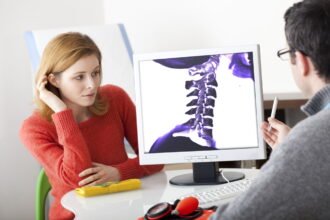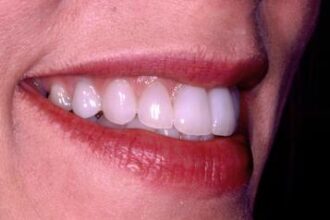  Be a smarty pants. @www.sodahead.com | |
From the Assisted Living Federation of America:
A new study has found that highly educated individuals with Alzheimer’s can cope better with the disease thanks to cognitive reserves presumably built up from years of performing complex intellectual activities.
Scientists have long theorized that the human brain is capable of building up a cognitive reserve, which would help the brain cope with damage in order to maintain a relatively preserved functional level.
In order to understand the efficacy of these cognitive reserves, researchers looked at the brain activity of individuals with higher (more than 12 years) and lower (less than 12 years) levels of education who had mild cognitive impairment that progressed to Alzheimer’s disease.
The study included 64 individuals with Alzheimer’s disease and 90 individuals with no cognitive problems to compare as a control group. After being divided into two groups based on education level, all participants were given PET scans to compare their metabolic brain activity.
The highest metabolic activity was seen in highly educated individuals with Alzheimer’s disease. This activity rate was higher than both the less educated individuals with Alzheimer’s and even the highly educated control individuals.
The results of the scans suggested that neural reserves and neural compensation are activated in highly educated individuals with Alzheimer’s disease.
“This work supports the notion that employing the brain in complex tasks and developing our own education may help in forming stronger ‘defenses’ against cognitive deterioration once Alzheimer’s knocks at our door,” said Silvia Morbelli, MD, lead author of the study.
So keep on challenging your brain and build the elasticity that may help you if beset by Alzheimer’s Disease.









